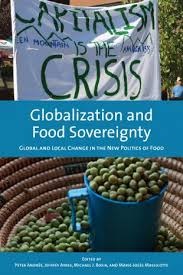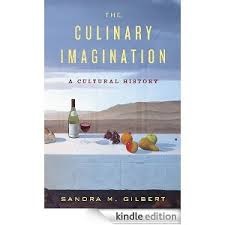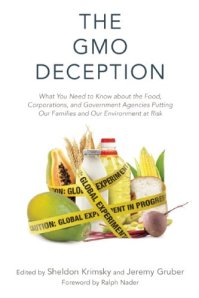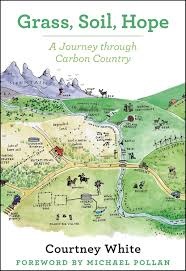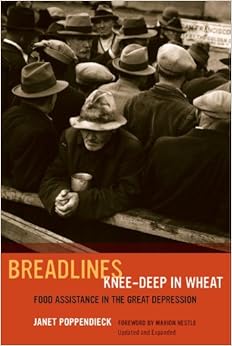Weekend reading: Globalization and Food Sovereignty
Peter Andrée, Jeffrey Ayres, Michael J. Bosia, and Marie-Josée Massicotte. Globalization and Food Sovereignty: Global and Local Change in the New Politics of Food. University of Toronto Press, 2014.
This is a book in a series on political economy and public policy, edited by political science professors in Canada and the United States with deep interests in food movements. The chapters, by various authors, define food sovereignty as “a central issue that cuts across social, political, economic, cultural, and ecological domains.” They deal with such matters as fair trade, local food, food security, and other food movements in places such as Cuba, Australia, France, and Brazil.
The editors say:
This volume posits that–given the incrasing attention to the politics of food as local, national, and global–it is important to incorporate these new areanas of political action much more widely into curriculums and scholarship and focus especially the framework and methodologies of political science on the profoundly political issues raised by the food sovereignty response…we seek to develop the study of food politics as a more engaged arena within the social sciences….
I say, yes!

